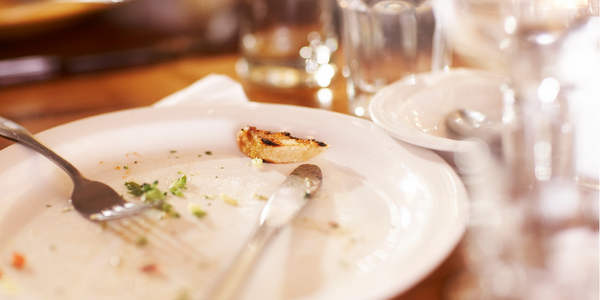“One gender-related theme that stood out was related to caretaking. Every woman in the study, but none of the men, reported putting others before themselves…
Tina was a compulsive eater who used food as a way to practise self-care. During the second interview, she began to realise how taking care of others led her to eat: “I had no down time. I had no time for myself and I think I was using food more than I had been to take the edge off and medicate myself, reward myself, treat myself”.
– Patricia Goodspeed Grant, “Social and Emotional Origins of Comfort Eating”


